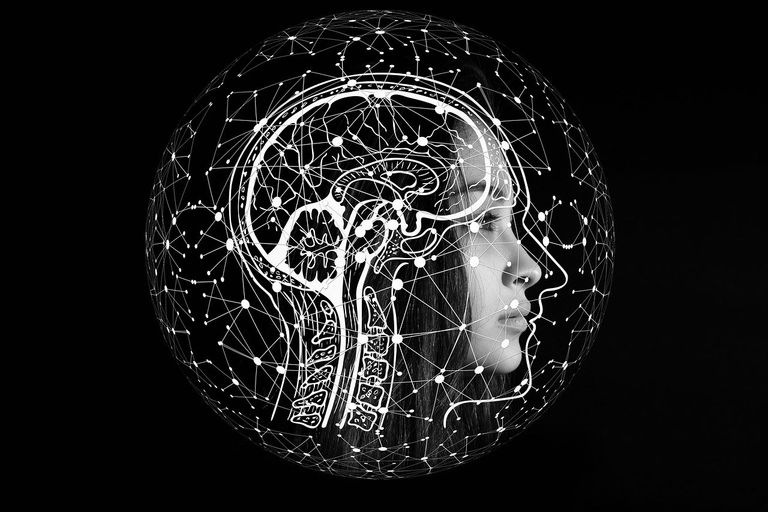
https://news.asu.edu/20221208-solutions-asu-professor-plausibility-elon-musks-brain-implant-plans
Pixabay
Elon Musk’s Neuralink is a company that has been in the news for their brain implant product. The FDA has authorized Neuralink to begin human trials soon, and the technology has many promising potential positives and negatives.
Currently, brain implants exist to help the deaf to hear and those with epilepsy with early warnings for their condition. Individuals with Parkinson’s Disease often undergo therapy involving stimulation of regions of the brain using a computer. There is a long history of brain implant research spanning almost 60-years and the implants made at Neuralink are the next in line in this legacy. Musk’s program has been approved for human trial in 2023 after successful trials in animals.
The brain has traditionally been seen as a “black box” that works mysteriously. Neuroscience has improved in the past few decades, and practices including lobotomies and electroshock therapy have been abandoned based upon our improved knowledge base. The brain has been studies using models and medical equipment, and common brain ailments have been addressed using therapies and implants. The cochlear implant, for example is used to restore hearing to patients using a brain interface.
Musk’s Neuralink implants offer many benefits to the user. The brain implant can be used to restore sight and mobility to those who have been injured or born with birth defects in certain cases. The brain implant can also be used to integrate the senses of a person with a computer similarly to the way we use smartphones and computers. The chip is small, and it can be implanted in various regions of the brain to interface with the brain where it is most effective. Due to the size of the chip, it can be implanted into the brain using minimally invasive surgical means.
The interface between human and computer poses several ethical considerations. Could an addicting interface cause those with brain implants to be hopelessly enthralled with the workings of the computer? Those who have accepted medical brain implants have on occasion also seen changes in personality and the way they experience the world.
The promise of effective brain implant technology is an effective human-computer interface that is seamless. It is also potential cures for paralysis, blindness and deafness in those who suffer from medical maladies. The potential negatives are largely unknown, but changes to the way a person reacts to their environment and personality may be impacted. The chip is implanted during brain surgery, which carries a risk of damage to the brain and surrounding structures. The technology can be used to help those who are injured and to return normalcy to those who suffer from neurological disorders, and in the same vein, this technology could be used to harm or control people. A strong regulatory and ethical oversight must be organized to ensure this technology matures to help rather than to harm.
A Steemit Exclusive